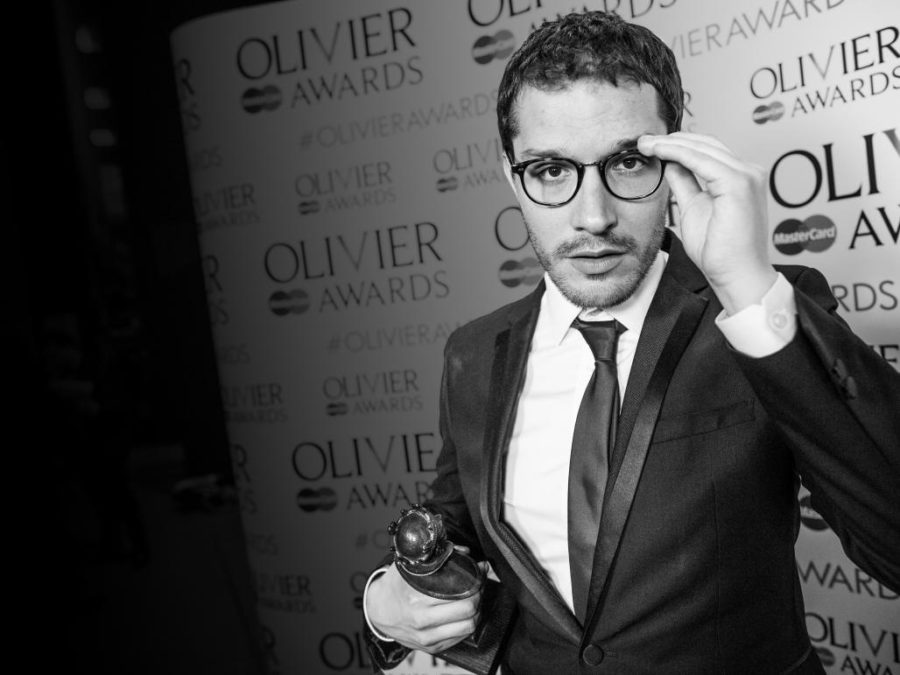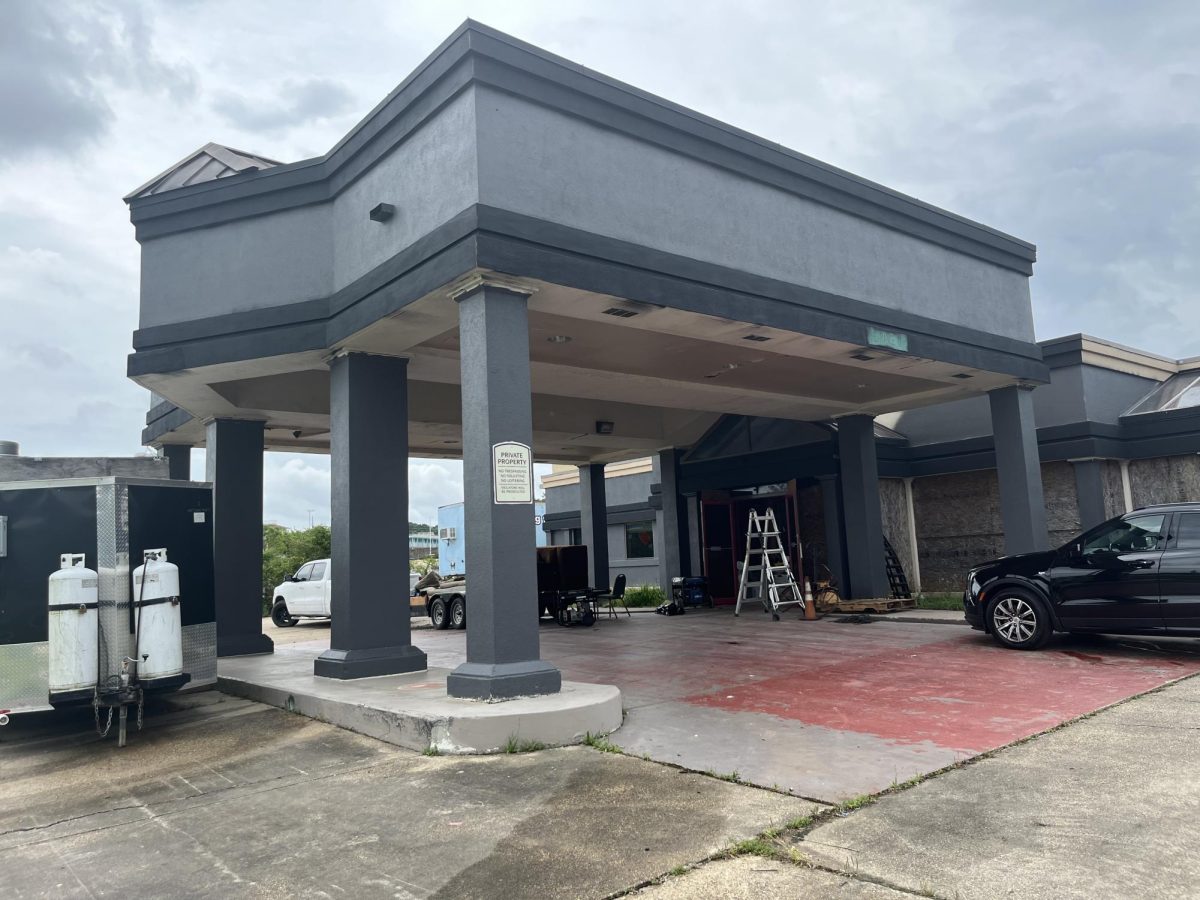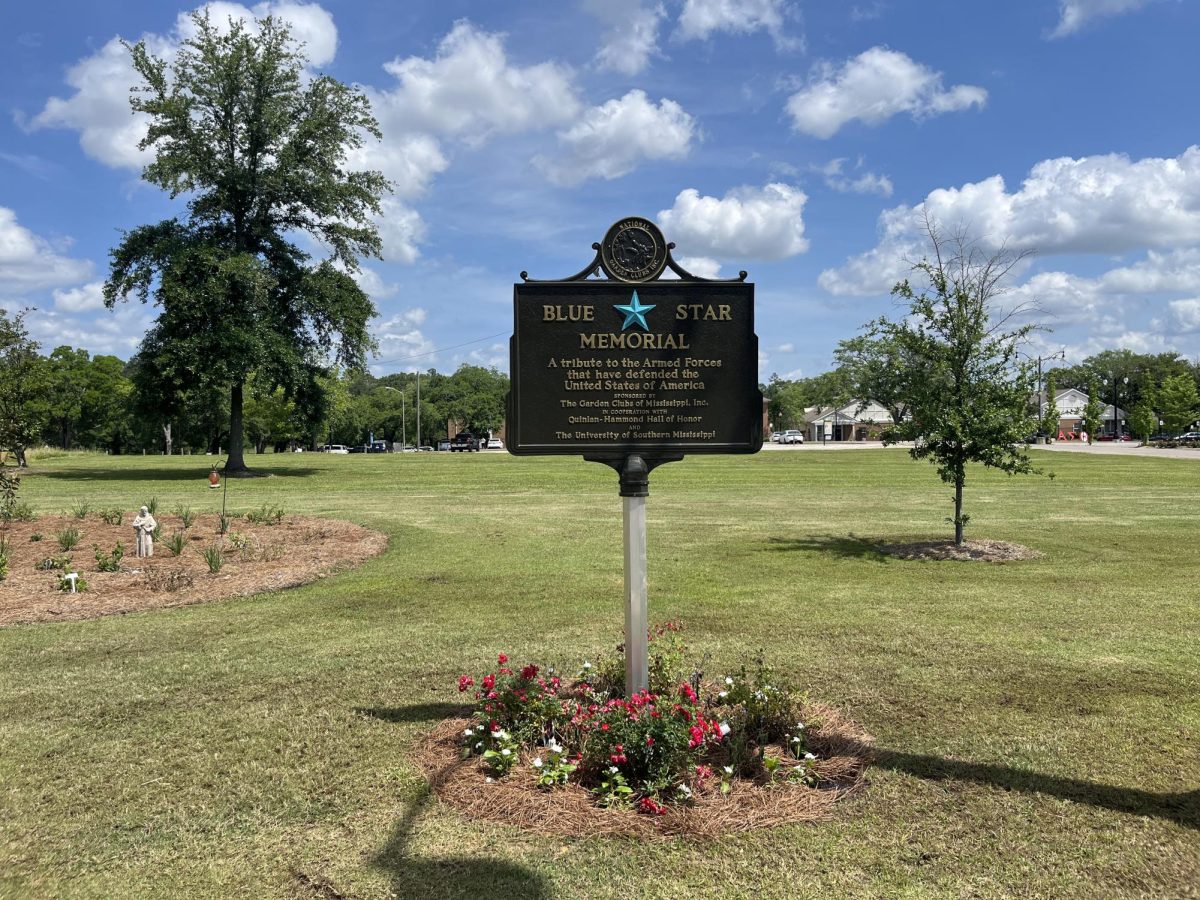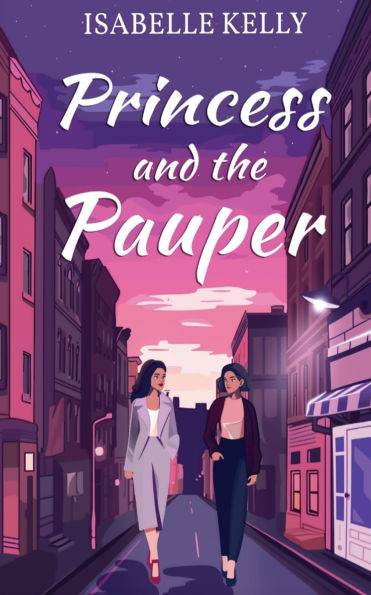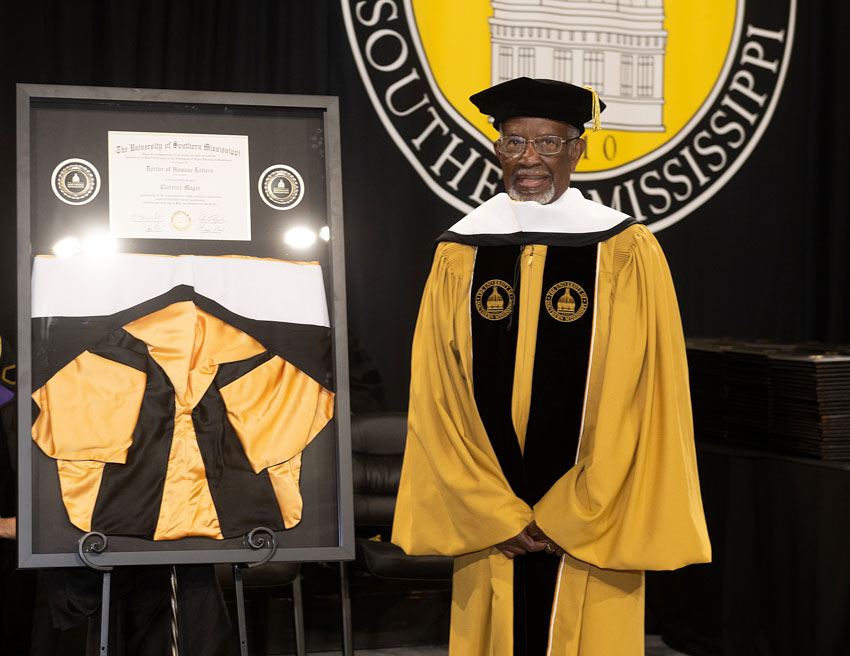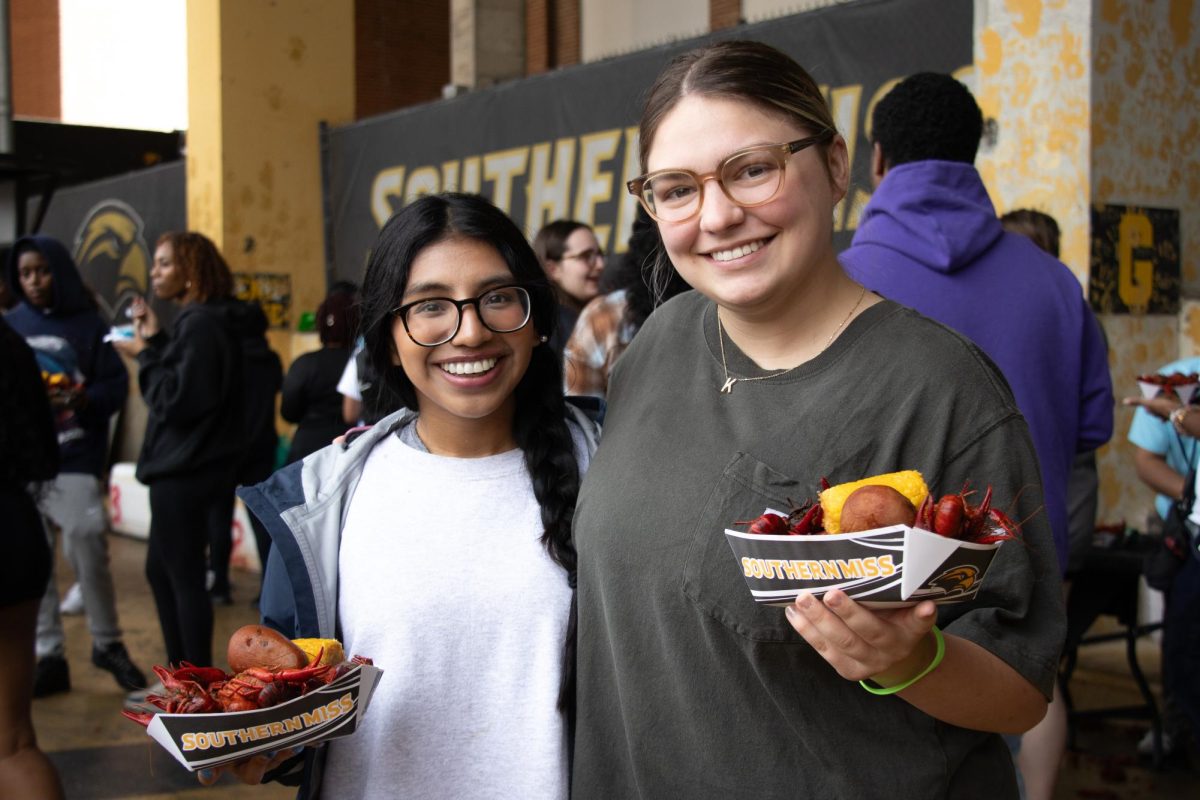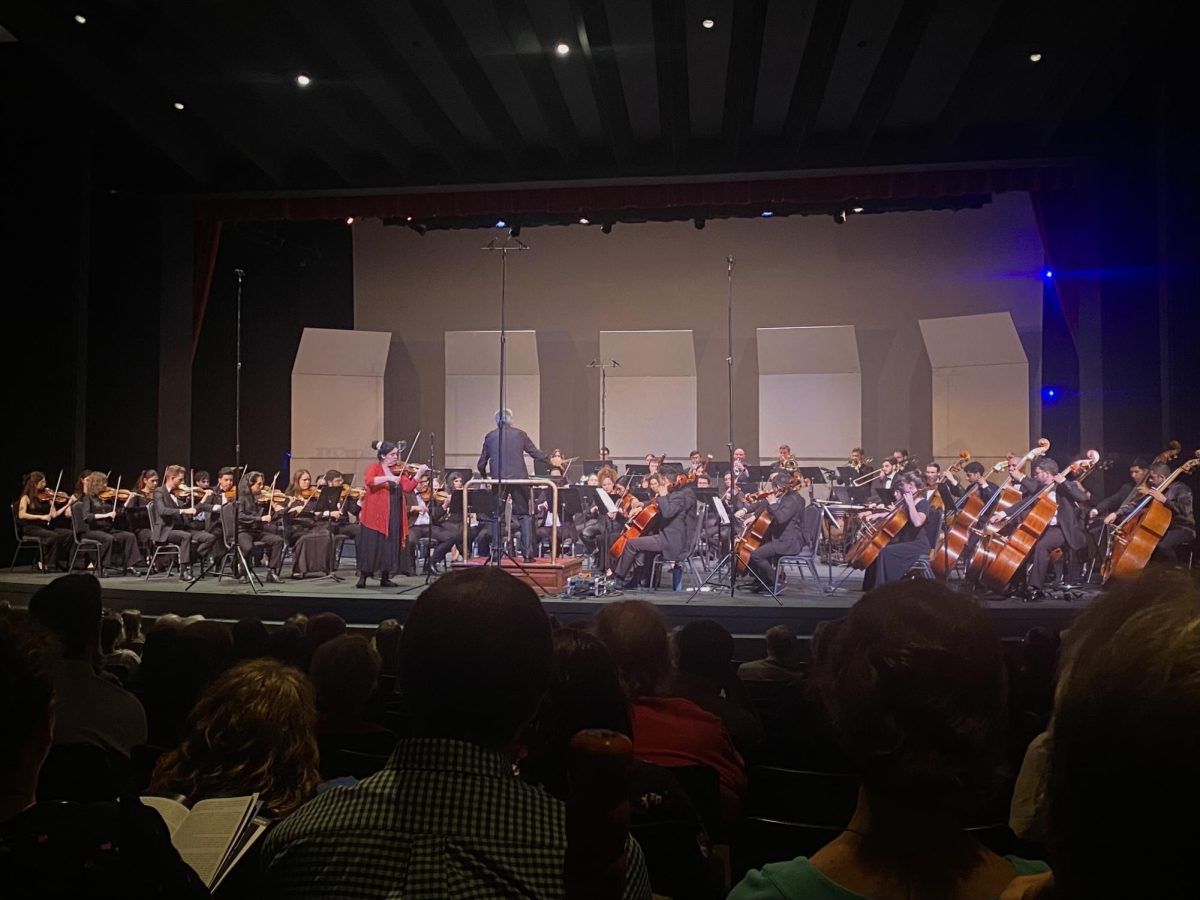The Southern Miss theatre department started off its spring semester by hosting the 2019 Blaine Quarnstrom Playwright Series featuring playwright Robert Icke Jan. 24-27.
The playwright series included two question-and-answer sessions reflecting on Icke’s passion for his work and his contributions to the theatre industry, four writing workshops and a staged reading of one of Icke’s versions of the Greek tragedy “The Oresteia”.
Icke is the associate director at the Almeida Theatre in Islington, London. His work includes adapting and directing renowned plays such as “Mary Stuart”, “The Crucible,” “Uncle Vanya” and “The Oresteia.”
Professor Robin Aronson, M.F.A explained how Icke’s journey to Southern Miss began.
“I run the British studies and theatre program in rotation. In 2015, I had made plans to go to Robert’s production of the ‘Oresteia,’” Aronson said. “I just thought this was a really good introduction of Greek tragedy [for the students]. When we got to the theatre, we go in, we sit down, it opens and everyone in a matter of time starts to process that this is a really unbelievable production.”
Aronson said there was something genuinely intriguing about Icke’s work that was distinctively different from anything else that she had seen.
“We all discovered this individually,” Aronson said. “We all looked at each other like ‘Is it just me or is this outstanding?’ So, intermission comes we are all just like ‘What is this piece?’ It was very different from what we were expecting. You can go anywhere in Greek theatre from togas to large Catherine shoes and the masks, but this was a very contemporary production.”
Icke has won countless awards and honors for his work in theatre including the Evening Standard Award, the Critics Circle Award and the UK Theatre Awards. Icke is also the youngest winner of the Olivier Award for Best Director.
Icke’s success in the theatre industry is linked to the way he approaches his plays. He toys with the concept of being morally correct and concept of utilitarianism.
“One of the greatest things theatre can do is manipulate audiences with art,” Icke said
Icke elaborated on this concept by explaining a scene from the play ‘The Oresteia’ about the idea of child sacrifice.
“I can show you a scene that makes you feel like you want the child to die, and then in the next scene I can make you not want the child to die,” Icke said. “Basically, I can play with you for an hour, and I can stir the issue inside you in quite a direct way. I can engage with you in a way that is not cerebrum to do with argument, but we’re talking about a child. In the last scene that happens just before the intermission, is you watch the child die.”
Icke said he was inspired by the Greeks’ handling dark topics in a respectable way. He also said tragic topics must be handled with proper respect, or the message can be misconstrued.
“I think tragedy has a particular role to play in culture,” he said. “It’s a very deep and profound emotion and I think when you get tragedy right, it’s very rare that it’s done well and it’s quite an intimidating thing to attempt but I think really great tragedy can release you back into your life with a really great sense of joy.”
Theatre graduate assistant Joshua Rapp said Icke’s presence forced the actors to understand the script as more than just words on paper.
“As actors, we are allowed to circumnavigate the potential pitfalls of the script and develop our own instinctual choices faster,” Rapp said. “The discussions can then veer away from ‘What does this mean?’ and ultimately transform into ‘This is the context, so what does it mean to you?’ Seeing both sides of the process in real time, especially with a playwright of his caliber, is pretty incredible.”
Aronson expressed how seeing Icke’s rendition of ‘The Oresteia’ impacted her students forever.
“When you’re watching this piece, you want to know, ‘Who is this individual? What are the thoughts behind it? Who is this artist?’ Coincidentally, Robert had a talkback that day and then we contacted him because his work just had a tremendous impact on the students.”
To find out more about the Department of Theatre’s upcoming events, visit www.usm.edu/theatre.
photo courtesy 1843 Magazine































